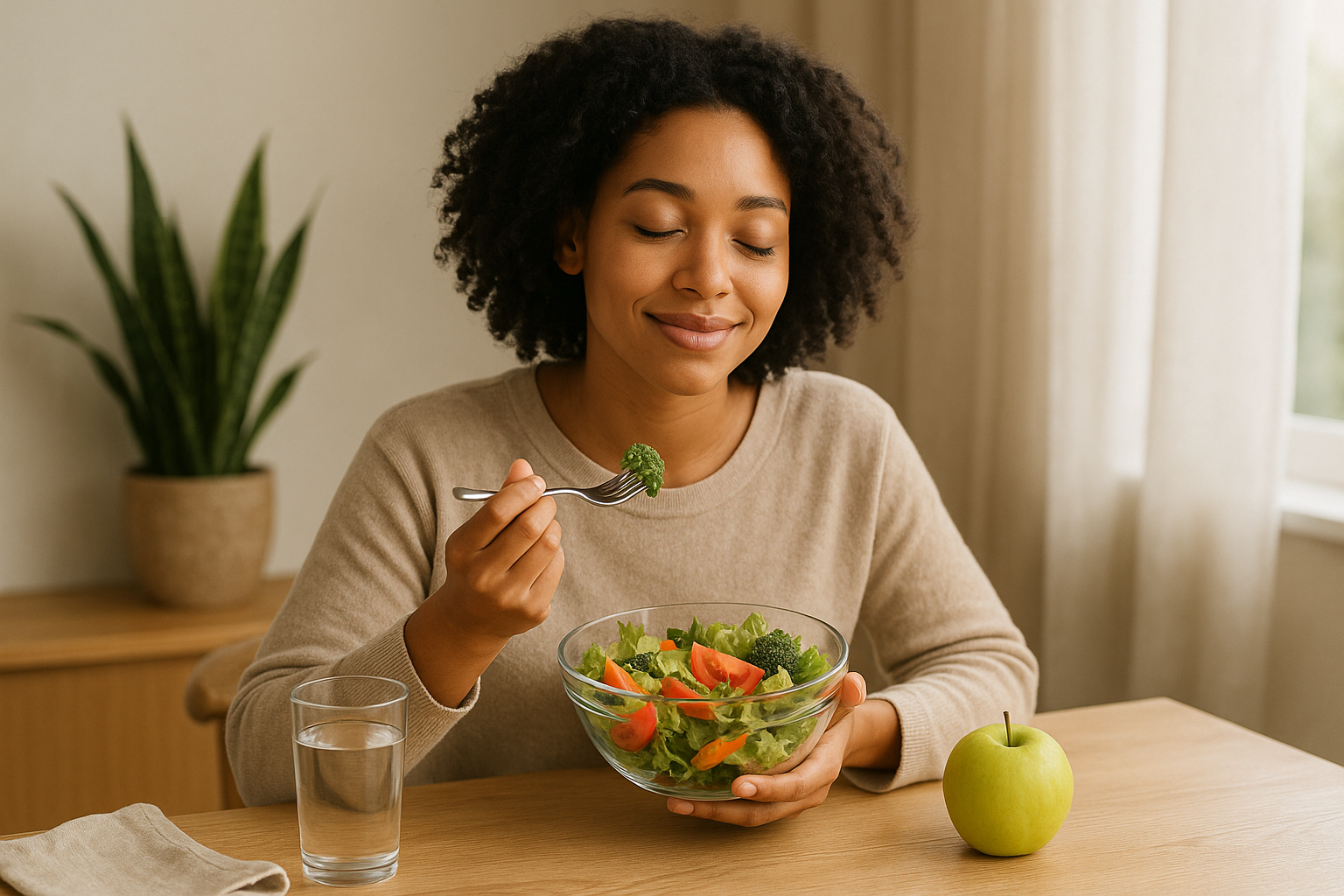In today’s fast-paced world, managing mental health challenges like anxiety and panic attacks has become a pressing issue. The pressures of daily life, constant connectivity, and uncertainty can take a toll on our minds. While professional support, mindfulness techniques, and apps like Trankua offer immediate relief, nurturing long-term mental well-being is just as important. Surprisingly, the food on our plates can play a powerful role in supporting emotional balance and resilience. Let’s explore how choosing healthy foods keeps both our bodies and minds strong, even under stress.
Understanding the Gut-Brain Connection
Science continues to reveal the dynamic link between the gut and the brain—a communication system known as the gut-brain axis. The gut is often called the “second brain” due to its influence on mood and cognition. Microbes living in the digestive tract help produce neurotransmitters like serotonin, which is responsible for regulating mood and feelings of well-being.
- A diet rich in fiber from fruits, vegetables, and whole grains supports beneficial gut bacteria.
- Fermented foods like yogurt, kefir, and kimchi introduce probiotics that nurture the gut ecosystem.
- Hydration through water and herbal teas helps digestive processes.
By feeding the gut with nutritious options, you enable smoother communication with the brain. This leads to steadier moods and greater emotional resilience—often reducing the intensity and frequency of anxiety symptoms.
Key Nutrients that Nourish the Mind
Nutritional psychiatry, a growing field, highlights the positive effect of certain vitamins and minerals on mental health. A balanced diet filled with diverse foods ensures your brain receives the fuel it needs to function at its best.
- Omega-3 fatty acids: Found in fatty fish like salmon, walnuts, and flaxseeds; crucial for brain development and decreasing inflammation.
- B vitamins: Sources include leafy greens, eggs, and legumes; help build neurotransmitters and manage stress.
- Magnesium: Present in nuts, grains, and leafy greens; known for relaxing muscles and easing feelings of tension.
- Vitamin D: Essential for mood balance; obtained from sunlight, mushrooms, or fortified foods.
- Antioxidants: Found in berries, dark chocolate, and colorful vegetables; counteract oxidative stress that can worsen anxiety.
Simple dietary changes, like having oatmeal topped with berries and seeds or enjoying a handful of walnuts as an afternoon snack, can supply your brain with these key nutrients.
How Healthy Eating Habits Reduce Anxiety and Panic
Anxiety often feels overwhelming and unpredictable. However, what and how we eat can make a difference in our emotional state and help create a sense of control during tough moments.
- Regular, balanced meals prevent blood sugar crashes that trigger irritability and nervousness.
- Choosing whole grains over refined products sustains energy and calms jittery feelings.
- Limiting caffeine and sugar reduces extreme highs and lows that mimic anxiety symptoms.
- Including protein at every meal supports stable mood throughout the day.
Keep a snack bag ready with wholesome bites such as sliced apples and almonds, or carrot sticks and hummus. Such practices not only fuel your body but also reinforce your ability to manage stress mindfully.
Everyday Strategies to Foster Healthy Eating
Good nutrition doesn’t have to be complicated, expensive, or time-consuming. Building mental strength with food is about consistency and simple swaps that fit into any routine—even on busy days.
- Plan meals in advance to avoid unhealthy last-minute choices.
- Keep fresh or frozen vegetables on hand for easy meal additions.
- Use herbs and spices to add flavor without extra salt or sugar.
- Stay hydrated; keep a refillable water bottle nearby as a reminder.
- Try batch-cooking grains or beans to streamline healthy meals.
By making small, positive adjustments, you reinforce a sense of self-care that boosts mood and confidence. These habits also make it easier to recover after setbacks, knowing that support is only a meal or snack away.
Healthy Eating as Part of a Holistic Self-Care Plan
While nutritious food forms a core part of mental wellness, remember that self-care includes a range of support strategies. Breathing exercises, guided meditations, gentle exercise, and connecting with loved ones are all important. The Trankua App can be your instant calm companion when anxiety strikes, but combining its guidance with healthy eating creates long-term benefits.
- Use meal times as an opportunity to be mindful and savor each bite.
- Tune in to how certain foods make you feel emotionally and physically.
- Share nutritious meals with family or friends as a way to connect and de-stress.
Taking a holistic approach means giving your body the building blocks it needs, while using supportive tools to manage immediate moments of anxiety. With time, these combined efforts foster a foundation of strength and calm, helping you handle challenges with greater ease.
Ready to take a step forward in your mental wellness journey? Enhance self-care on every level by eating for balance and using the Trankua App when you need instant calm. Tap here to download and discover support at your fingertips.

